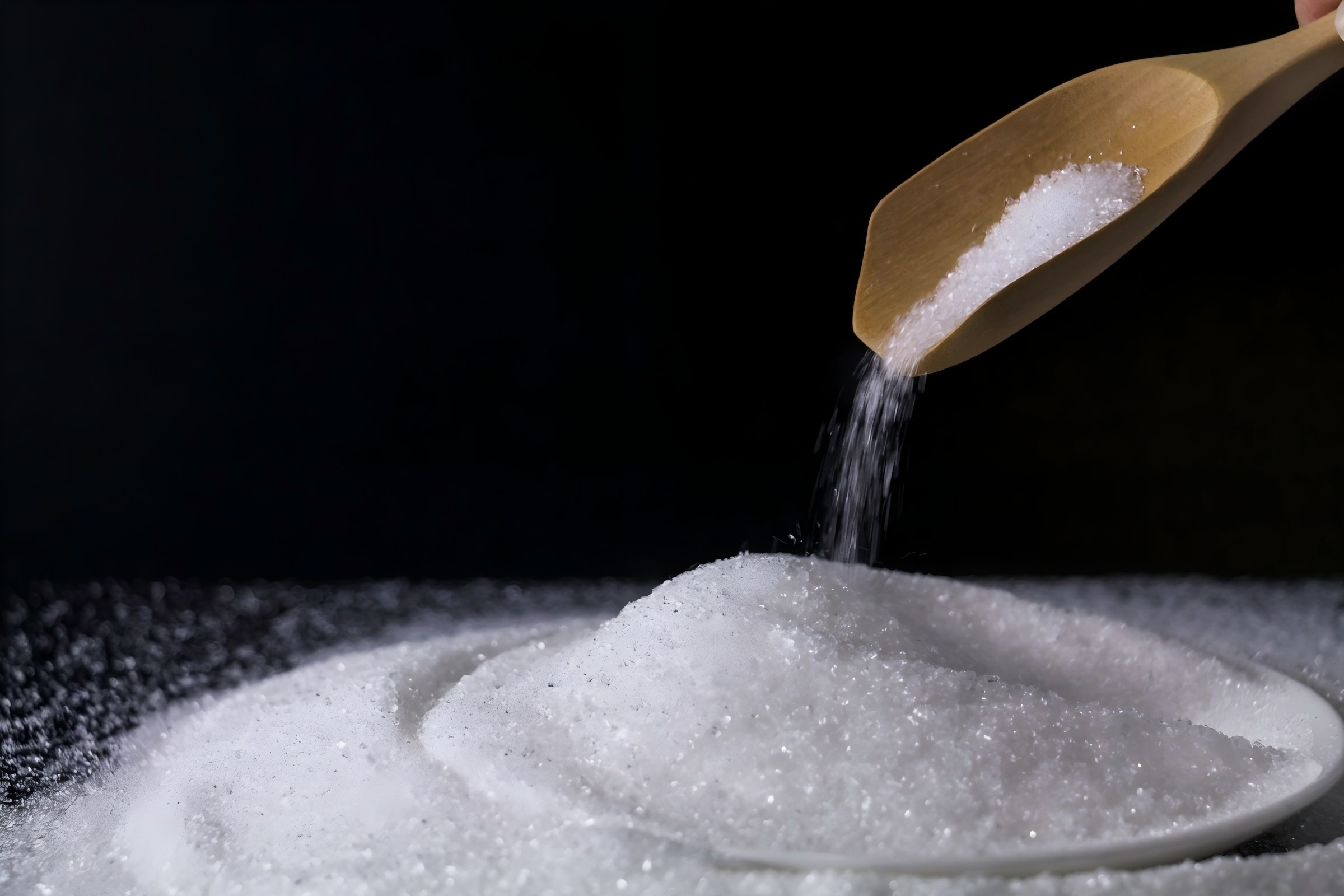Allulose Sweetener: The Ultimate Natural Sugar Alternative
Meta Description: Discover Allulose, the revolutionary natural sweetener with nearly zero calories. Discover its health benefits.
See how it stacks up against sugar and erythritol. Learn why it’s great for keto, diabetic-friendly diets, and baking. Taste the sweetness without the guilt!
Introduction
For decades, the search for the "holy grail" of sweeteners has been relentless. We want the perfect, crystalline sweetness of sugar without the calories, carbs, and negative health impacts. Artificial sweeteners often leave a bitter aftertaste, and some sugar alcohols can cause digestive discomfort.
Enter Allulose: the game-changing natural sweetener that finally delivers on its promise. It looks like sugar, tastes like sugar, bakes like sugar, but it’s not sugar.
Intrigued? You should be. Let's dive into everything you need to know about the next groundbreaking innovation in healthy eating.

What is Allulose Sweetener? The Science Made Simple
Allulose, also known as D-psicose, is a rare sugar. You can find it in small amounts in foods like figs, raisins, maple syrup, and wheat. Even though people call it a "rare" sugar, modern food science can now produce it sustainably and at scale. This makes it available to everyone.
Technically, it's a monosaccharide, or simple sugar, similar to fructose and glucose. However, here’s the magic: your body cannot metabolize most of it.
About 90% of ingested allulose enters the bloodstream. However, the body excretes it in urine without using it for energy. The remaining 10% passes through the digestive tract without absorption.
This unique metabolic pathway is the secret behind its incredible benefits.
Top Health Benefits of Choosing Allulose
Why is everyone from keto dieters to professional chefs raving about allulose? The benefits are compelling:
-
Nearly Zero Calories & Carbs: Allulose has only 0.2-0.4 calories per gram. In comparison, sugar has 4 calories.This makes allulose a nearly calorie-free sweetener. In the U.S., it is labeled as 0g of sugar and 0g of net carbs. This makes it great for low-carb and ketogenic diets.
-
Diabetic-Friendly: Allulose does not raise blood glucose or insulin levels. This is a good and safe sugar alternative. It is suitable for people with diabetes, prediabetes, or anyone who wants to manage their blood sugar.
-
No Bitter Aftertaste: Unlike many artificial sweeteners, like aspartame and saccharin, allulose tastes clean and sweet. Some natural sweeteners, like stevia, can taste like licorice to some people. Allulose tastes remarkably similar to table sugar (sucrose) and has no bad aftertaste.
-
Excellent for Baking: This is a huge differentiator. Allulose caramelizes and browns just like sugar! It adds bulk and texture. This makes it great for making tasty cookies, cakes, caramels, and sauces that liquid sweeteners can't create.
-
Gentle on the Gut: Unlike common sugar alcohols like maltitol or xylitol, allulose is easier on the stomach. Sugar alcohols can cause bloating and laxative effects if eaten too much. Allulose is usually well-tolerated by the digestive system.
Allulose vs. Other Sweeteners: A Clear Winner
How does it stack up against the competition?
-
Allulose vs. Sugar: Same taste & function, but with zero calories, zero net carbs, and no blood sugar spike.
-
Allulose vs. Erythritol: Both are great. However, erythritol can have a noticeable "cooling" sensation in the mouth and doesn't caramelize as effectively. Allulose offers a more sugar-like mouthfeel and superior browning capabilities.
-
Allulose vs. Stevia: Stevia is much sweeter than sugar, so it's harder to measure and often requires bulking agents. Its taste can be off-putting to some. You can use allulose in a 1:1 ratio with sugar, which makes substitution easy.
-
Allulose and monk fruit offer similar benefits, but manufacturers often blend monk fruit with erythritol. Pure allulose provides the bulk needed for baking on its own.
-

How to Use Allulose in Your Kitchen
The 1:1 substitution ratio makes allulose incredibly user-friendly.
-
Baking: Perfect for cakes, muffins, brownies, and cookies. Note: Allulose baked goods may brown faster and have a slightly softer texture.
-
Beverages: Dissolves perfectly in iced coffee, hot tea, lemonade, and smoothies.
-
Sauces & Glazes: Creates beautiful, glossy caramel sauces, barbecue glazes, and dessert toppings because it caramelizes so well.
-
No-Sugar Ice Cream: It lowers the freezing point. This helps make creamy homemade ice cream that is easy to scoop and has no icy crystals.
Pro Tip: For the best texture in baked goods, experts suggest using a mix of allulose and a sweetener like erythritol or monk fruit.
Conclusion: Sweeten Your Life the Smart Way
Allulose isn't just another sweetener; it's a paradigm shift. It finally bridges the gap between indulgent taste and optimal health. If you follow a keto diet, manage diabetes, or want to cut sugar, allulose can help. It lets you enjoy sweet treats without giving up anything.
Ditch the guilt and embrace the sweetness. Try allulose today and experience the future of sugar-free living.


